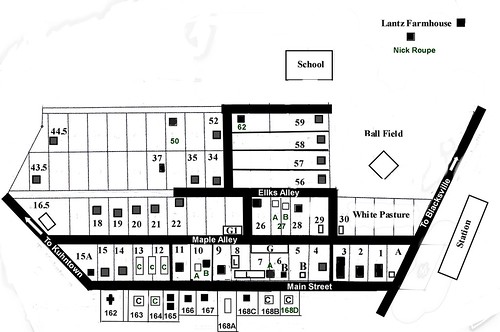Accusing people like Sam Kerr of ‘anti-white racism’ belies a lack of understanding of a world still divided by colour
Sam Kerr #SamKerr

As the antifascist analyst Andy Fleming posted on X on 6 March, the first time Western Australia’s new racial vilification laws were applied in 2006 was in the case of an Indigenous teenager who called a woman a “white slut”. As reported in The Australian at the time, the law had come into effect in response to the Australian Nationalist Movement’s racist graffiti attacks on Perth’s main synagogue and on businesses owned by Asians.
Since that time, the charge of “anti-white” racism has become ever more prevalent as hard-fought battles in the fight against racial discrimination and for greater racial literacy are being lost in the wider “war on woke”.
And so, it was of little surprise to antiracists when it was revealed that Matildas star and Chelsea striker Sam Kerr’s charge of causing “racially aggravated harassment, alarm or distress” to a London police officer had been the result of her allegedly calling him a “stupid white bastard”. Black, Indigenous and other people of colour all responded with variations on the theme of “I told you so”. They have become used to being racially gaslit by the idea of “reverse” or “anti-white racism”, a phenomenon the comedian Aamer Rahman has pointed out would only make sense “if I had a time machine and I could go back in time to before Europe colonised the world and convince the leaders of Africa, Asia, the Middle East and Latin America to invade and colonise Europe, just to occupy them, steal their land and resources”.
In other words, in the dominant understanding of racism heavily promoted in the context of the “whitelash” that met the global Black Lives Matter movement, racism has been stripped of what the sociologist Miri Song calls its “history, severity and power”. Racism is no longer the ideology that accompanies racial capitalist systems of colonialism, slavery and imperialism; it becomes a matter of individual morality. Race, best understood as a technology that produces and maintains white supremacy as a global system of power, is reduced to bad behaviour. This view has particularly dangerous ramifications when considering the police, an institution that has form when it comes to institutional racism with, often lethal, effects, as the number of deaths in custody in Australia attest.
The concept of “anti-white racism” is increasingly legitimated in a political context in which a real commitment to antiracism is papered over by ersatz politics of representation. The UK government’s diverse “postracial” leadership is committed to rolling back any commitment to dismantling systemic racism by referring to their own experiences as Black and Brown people who have had personal successes to deny its existence. Promoting a racially neoliberal ideology of “personal responsibility”, politicians like Kemi Badenoch play to a gallery of anti-woke warriors, using diversity against itself to vilify and criminalise other people of colour whose lives look nothing like that of the cabinet members, corporate highflyers, or indeed the rightwing thinktank pundits whose ideas pepper their speeches.
Theories that people like Sam Kerr cannot be racist because they are of Indian origin do not go far enough in exposing the problem at stake. It all boils down to subjectivity and rightwing politicians playing to the “all lives matter” gallery.
The only reason we are hearing about this case at all is because Sam Kerr is a globally popular footballer, arguably even more so after these revelations. Nevertheless, for antiracist campaigners in the worlds of education and sport, this case reveals the need for a greater public understanding of the function of racism in a world still divided by the colour line that WEB Du Bois identified at the turn of the 20th century. While individuals can cross the line and ascend to the dizzy heights earned by the likes of Kerr, on a mass scale, “the relation of the darker to the lighter races of men [sic] in Asia and Africa, in America and the islands of the sea” still determines the extent of your vulnerability, as the geographer Ruth Wilson Gilmore puts it, to “premature death”.
Treating all forms of vilification involving people from either side of the colour line as racist does nothing to transcend the colour line. But it does serve a view that minimises racism to the benefit of a new class of postracial Black and Brown elites.
Alana Lentin is a professor of cultural and social analysis at Western Sydney University. Francis Awaritefe is a lawyer, the chair of Professional Footballers Australia and a former Socceroo